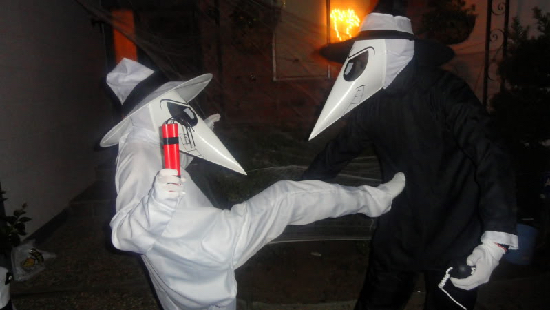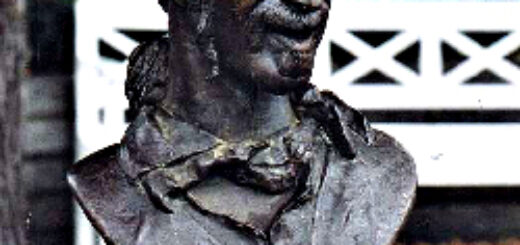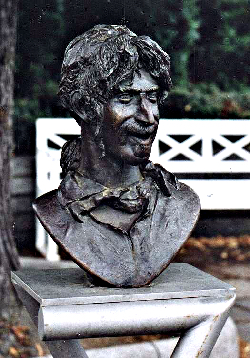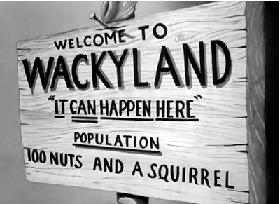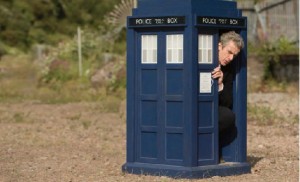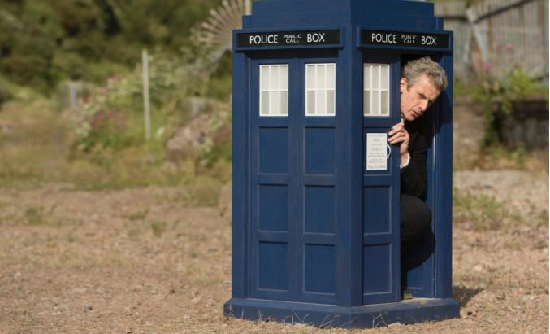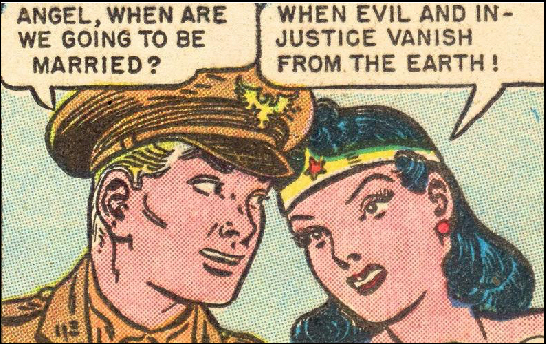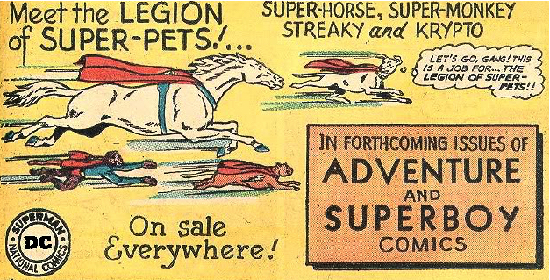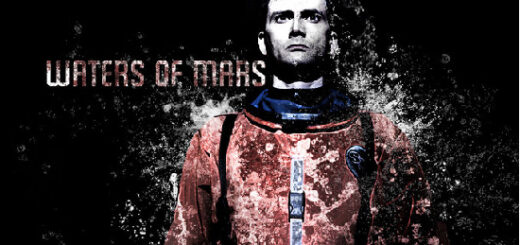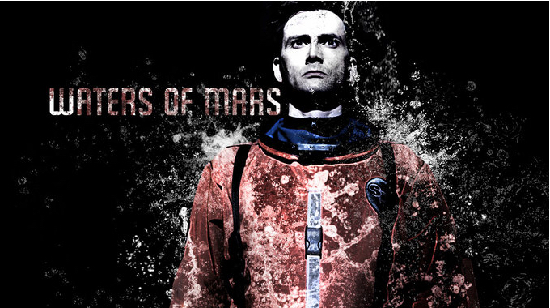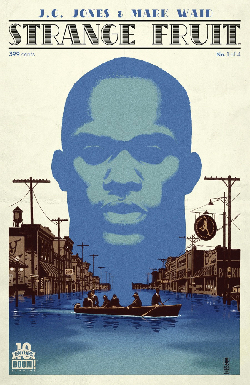Mindy Newell: A Psychic and a Bunch Of Spies
Allison Dubois (Patricia Arquette): It’s 9:00. How am I supposed to know you’re OK? How do I know you’re not lying dead somewhere? • Joe Dubois (Jake Weber): If something had happened, somebody would’ve called. If I were dead, who are we kidding, you’d be the first to know. • Medium, NBC and CBS, 2005 – 2011
She sees dead people.
From January 2005 until January 2011, Patricia Arquette played the role of Allison DuBois, wife, mother, would-be lawyer, and Medium to the Phoenix District Attorney Office. Brought to television life by Glenn Gordon Caron, who had also developed and produced Moonlighting, the show that kicked off Bruce Willis’ career – the show was based on the story and exploits of real-life psychic investigator Allison DuBois, a Phoenix native who worked as an intern for the city’s D.A. and who wrote a book called Don’t Kiss Them Good-bye.
I’m not here to argue the truth of (the real) Ms. DuBois’s ability – though I have a very, very dear friend whom I believe definitely has a “gift” – but just to tell you how much I loved the series when it first ran and which I recently discovered available on Amazon Prime.
Patricia Arquette, who won just about every award possible for her 2014 performance as the mother in Richard Linklater’s Boyhood, is one of those actress whom I will watch in anything she does – from the first time I saw her in an episode of Thirtysomething to her turn as an aging prostitute in a 2012 episode of Law & Order: Special Victims Unit – because she is, im-not-so-ho, a natural actress, inhabiting her roles so thoroughly that I (and you) forget it’s a performance.
The charm of Medium, aside from the series’ science-fiction/fantasy genre elements, is that it also belonged to another popular television genus – the family drama. It wasn’t just about Allison DuBois’ crime-busting extrasensory abilities furrowing out the bad guy of the week, but also about her families, both personal and workplace, their traumas, their joys, and their lives; I think that Medium’s success was based on its “ensemble” approach to telling its stories, so that even those who avoided anything even hinting of “supernatural” or “magical” watched it. Like Buffy, it was a story about life
“Just when I thought I was out, they pull me back in.” • Michael Corleone, 1990
Tonight, as I write this, is Sunday and so it is the second episode of the fifth season of Homeland. So I can’t talk about that because I haven’t seen it yet. But the premiere:
It’s two years (in Homeland time) since Carrie Mathison (Claire Danes) made a mess of being station chief in Pakistan. She has left the CIA, and is working for a German millionaire philanthropist as his security consultant. Yes, we are in Berlin, everybody. On the surface everything seems fine for the bi-polar ex-spy: she is a happy working mom – Frannie, Brody’s daughter, is with her; she is in a stable relationship and living with her lover – uh, oh, first clue the past isn’t really in the past: the guy looks an awfully lot like Nicholas Brody, with reddish hair and a beard; and she’s even a frequent-flyer at church.
Uh-oh, second clue the past isn’t really in the past: Carrie’s boss wants to go to Lebanon to see what he can do to help all the refugees fleeing from Afghanistan, Syria, and Iraq (just to mention a few fucked-up states in crisis mode). Like Lebanon is the most stable country.
And meantime, two “accidental” hackers into the CIA’s server have discovered that the “Company” has been illegally spying on German citizens for Germany, since that country’s strict constitutional privacy laws prevent that kind of “homeland” surveillance.
Uh-oh, third clue the past isn’t really in the past: A free-lance journalist tries to show Carrie these classified printouts, wanting to get her affirmation about them before the journalist publishes them–although Carrie refuses on the grounds that it would break her “exit-interview” agreement with the CIA to not get involved in any way with “Company” matters. (The journalist says she’s going to publish them whether or not Carrie can verify that they really do belong to the CIA.)
There are a lot more clues, the groundwork has been laid; Saul and Dar Adal are in Germany to address the hacking and Germany’s response, and so is Quinn, still doing what he does best – killing and blowing up things, which he’s been doing for the last two years all over the Middle East, with the sanction of the CIA.
But now he has been “officially” cut loose. And like Jim Phelps in Mission Impossible, if he is “killed or captured, the Secretary will disavow any knowledge of your actions.”
But I think that Peter Quinn still wants out. And that Carrie wants back in.
I think it’s going to be like the old strip in Mad Magazine:
Spy vs. Spy

